Frequently Asked Questions
-
Why is your training program less expensive than other accredited programs offered?
For over 30 years, Dr. Daniel Jutras has trained motivated individuals aspiring to become certified Montessori teachers. His philosophy emphasizes accessibility, aiming to provide a valuable service to those interested in the Montessori approach without imposing financial burdens. Trained in Italy by a follower of Maria Montessori, Dr. Jutras feels a deep responsibility to offer an authentic representation of the heritage he received to a wide audience at an affordable cost. We believe our fees are reasonable, as they cover expenses such as renting facilities, insurance requirements, compensating our Instructors, purchasing materials, membership dues for Montessori organizations and the Ministry, supporting professional development for our staff, maintaining and improving our facilities.
-
Are you open to another structure of payments of the tuition fee?
Everyone is responsible for paying their tuition fees; however, the Institute can customize extended payment plans upon request. The Institute does not charge any interest on extended installments for individuals who consistently pay their tuition fees. It is important to note that the privilege of appearing for the final examination, as well as the awarding of the Montessori Diploma and Official Transcript, will only occur once all tuition fees have been paid.
-
What are the perspectives of employment in the field?
For the past 15 years, our data indicates that an impressive 94% of our graduates secure employment either before graduation or shortly thereafter. The Greater Toronto Area is home to nearly 300 Montessori schools. Due to the Institute's strong reputation, many school principals contact us directly to request certified Montessori teachers.
Some graduates work outside of Ontario, throughout Canada and the USA, as the MACTE accredited Montessori Diploma is recognized internationally.
A small percentage of graduates establish their own Montessori schools, either in their homes or in separate locations, in compliance with the Child Care and Early Years Act (CCEYA).
-
How does the Internship or Placement work?
Upon the contact hours with your Master teacher at your training location, you must complete a teaching practice experience, a fundamental component of our Montessori teacher training program. The Teaching Practice Coordinator is responsible for arranging an internship at a Montessori host school that meets the criteria set by the Montessori Accreditation Council of Teacher Education (MACTE), preferably in your neighbourhood.
In the host school, you will learn the Montessori method under the supervision of a certified Montessori teacher who serves as your mentor. You are engaged in an internship that involves specific tasks related to working with children, and you are responsible for managing your own hours of teaching practice.
You have two years to complete your internship before graduation; however a significant percentage of student-teachers prefer to finish their placement during the current academic year. The Teaching Practice Coordinator will visit you a minimum of three times to evaluate the tasks you have performed, discuss your performance with you, and confer with your supervising Montessori teacher.
As you are in training, you should not expect to be paid; only student-teachers who are already involved as assistants in a Montessori school receive compensation. However, many schools may hire individuals in training if they are deemed to be a valuable asset.
-
Do I have the credentials to apply to your program?
Love and respect for children are fundamental requirements.
As a historical paradox, Maria Montessori chose, in 1907, to hire the young daughter of the janitor at the Casa dei Bambini in Rome as the first “Montessori” teacher, despite being a Professor at the University of Rome in the Faculty of Education. Maria Montessori could have easily selected one of her own university students, but she opted for someone with heart. We require our student teachers to have completed an Ontario Secondary School Diploma (OSSD) as a prerequisite for entering a post-secondary program. While the Institute would prefer candidates to hold a university degree, this is not mandatory. It is essential to remember that we place vital emphasis on “love and respect for children.” If you possess a credential, degree, or diploma awarded by a college or university outside of Canada and do not have any Canadian credentials, you will be required by the Private Career Colleges Act, 2005, to have your qualifications assessed by an equivalency agency such as WES (www.wes.org) or ICAS (www.icascanada.ca), or to take the Superintendent-approved Admissions Test to ensure OSSD equivalency, as stipulated in Section 19 (1) of Ontario Regulation 415/06. If this applies to you, prior to starting the Diploma Course and signing your student contract, you must provide documentation confirming the equivalence of your most recent credential obtained from a foreign educational institution.
-
Do you have exams?
After completing each classic avenue of the Montessori curriculum, there is a oral performance evaluation in preparation for the final practical evaluation where 60% is considered as the passing mark.
At the end of the academic year, there is a final written examination in two segments:
1) on the journey you had in regards to your Impressions of Readings throughout the year and
2) on the Montessori intuitions and theory in regards to the topics we explore weekly.
Student teachers at the Elementary level elaborate a Cosmic Plan in lieu of the final written exam.
-
What about homework?
From the second week of your program until nearly the end, you will write five impressions of readings based on five quotes you select from approximately 50 pages of Montessori books each week. The time you spend reading will depend on your reading speed.
You are required to write three short essays during the academic year, in addition to completing tasks in your Albums (reference books in the traditional Montessori curriculum) and a few assignments related to creating materials in the areas of arts, sciences, and culture.
-
What is awarded upon completion of the training program?
Upon successful completion of the Early Childhood or the Elementary program which encompasses your tuition, your Internship and your final examinations, the Institute awards you a MACTE accredited Montessori Diploma for the age level you studied in.
At the ECE level, individuals who hold a Montessori Diploma granted by a program accredited by the MACTE Commission are recognized by the Ontario Ministry of Education as qualified to work with children in a Montessori program for children ages 3 to 6 years of age in compliance with staffing requirements of the Child Care and Early Years Act (CCEYA).
MACTE Accredited Montessori Diplomas are recognized all over the world; you may serve as a Montessori certified teacher-guide anywhere upon the planet.
-
Who fosters education during the Montessori teacher and educator training ?
Each of our training locations is staffed with Master Teachers whom Dr. Jutras personally “hand picked” and trained to become trainers of student-teachers. The rigorous training and shadowing of these experienced, certified Montessori teachers require a minimum of five years before they can officially become Master Teachers and assessors of Final Examinations. The range of experience in adult training for our faculty spans from five to eleven years. Dr. Jutras has over 28 years of experience in training certified Montessori teachers and more than 15 years in training Master Teachers.
As the Montessori Teacher Education Program includes an internship component, certified Montessori teachers will supervise you during your teaching practice at a Montessori host school, while the Teaching Practice Coordinator provides ongoing support.
At performance evaluations for each avenue of the Montessori curriculum in Early Childhood Education, it is a tradition that Master teachers serve as examiners at various training locations. This provides you with an opportunity to become better acquainted with other trainers. Additionally, you will have the chance to meet all Master Teachers during special gathering days, such as Music with the Montessori Bells, Music and Movement, or Classroom Management Workshops.
As the Director of the Institute, Dr. Daniel Jutras is often present at each training location, working alongside the Master Teachers at the Early Childhood and Elementary levels.
It will be a pleasure for all of us at the Faculty to meet you, get to know you, and guide and support you throughout the upcoming academic year.



